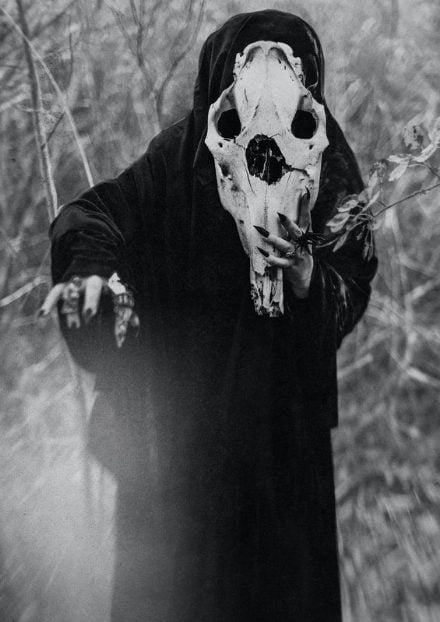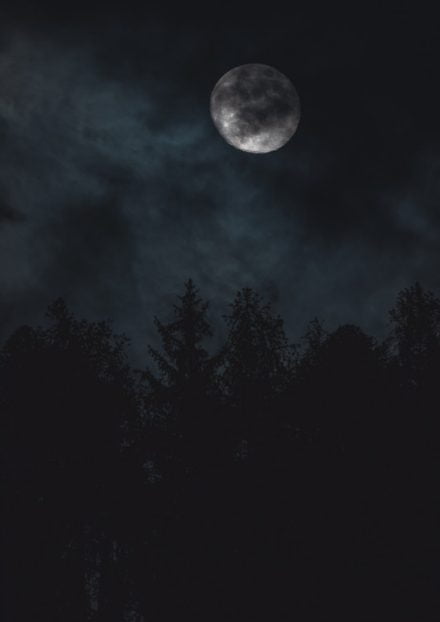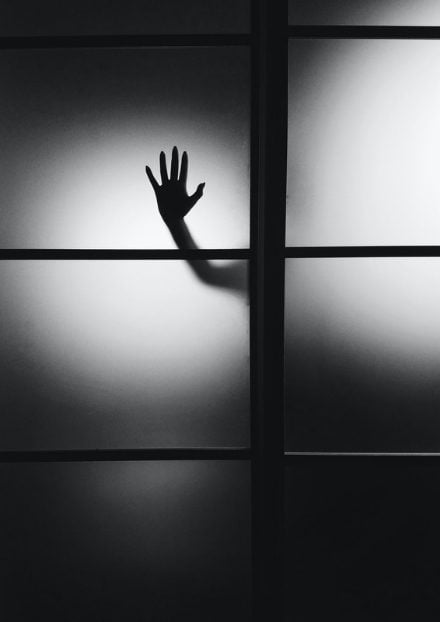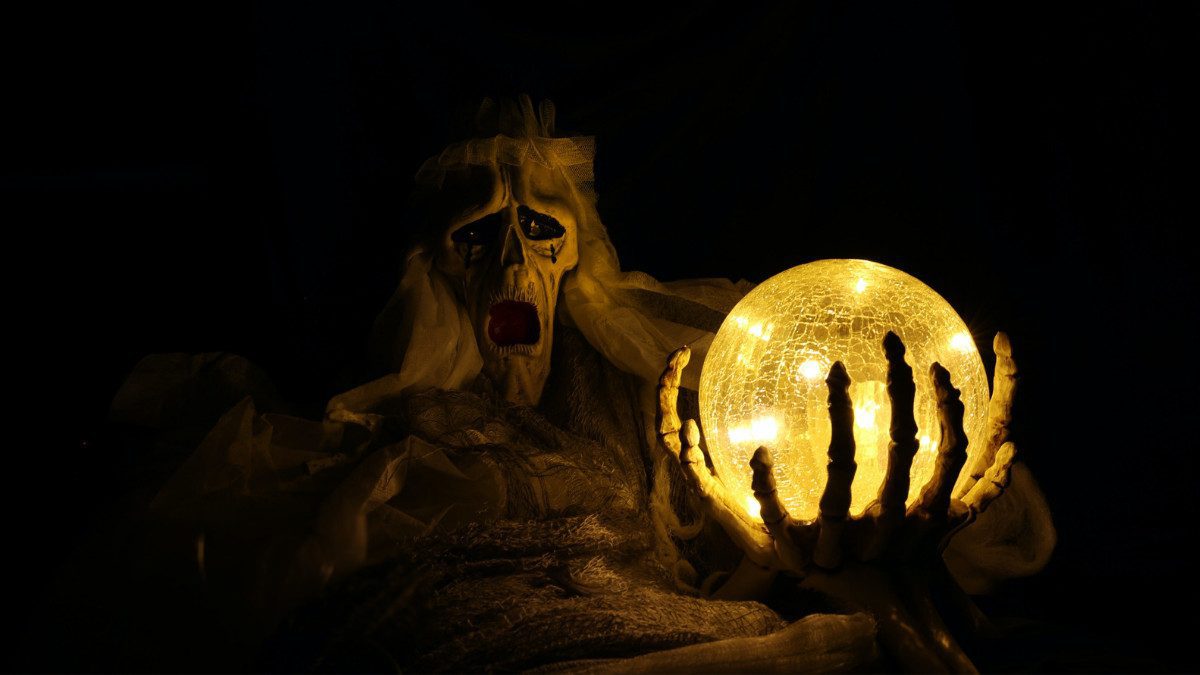A lot of people would agree that horror should always scare us. It’s not worthy of being called horror if a book or movie doesn’t make your heart beat faster than usual, doesn’t make you suspicious of your surroundings and doesn’t send chills down your spine. The thrill that the audiences feel makes horror an irresistible and a go-to genre in this spooky season.
We’re looking at what the horror genre can do that’s unexpected. More than the chills and thrills, there’s more to it than meets the eye.
What Is Horror’s Purpose?
At its core, horror’s primary purpose is to scare, shock, or startle audiences, but do you know how horror came to be? The genre was introduced in Ancient Greece and Rome, where stories revolved around mythical entities, afterlife experiences and spirits. It later shifted to serial killers-though they weren’t called that at the time-and mysterious deaths.
As time progresses, the genre has expanded and explored combinations of elements like sci-fi, fantasy, and even comedy which makes the genre so unpredictable and exciting. Authors began integrating natural phenomenon along with paranormal entities as a new way to introduce nerve-wracking stories.
Despite the constant changes, horror has remained one of the most appealing and widely read among other genres. It hasn’t lost its purpose over the years-and that is to elicit a sense of impending doom of the unknown. Like any genre, it must have a story to tell, and not just a story but with a deeper meaning.
Worthy Characters
Werewolves, vampires, monsters, zombies, and ghosts – these are only some of the unique characters we can read in a horror book.

Gone are the days of plain and flat characters with no personality other than their flaws. These books now include diverse and interesting characters to follow. It makes the genre that much more relatable and real. This has also opened the door for authors of color to put forth their own works of horror.
Aside from the scares that readers get, the genre can evoke unexpected feelings. Notwithstanding the dreadful decision makers, impulsive main characters, and untrustworthy persons, their stories also matter.
Atmosphere
A creepy atmosphere where surprising entities can jump out from behind a corner is an aspect of horror that keeps us coming back for more. The writing style conveys the tone and mood of the story, which is integral to the overall feel.

The more the atmosphere appeals to the senses, the more effective it is. It surely makes a more lively, fascinating, and realistic narrative.
Intriguing Plot
Suspenseful and mysterious pacing are the key to keeping readers intrigued and hooked on a story. A horror without it will not be a worthwhile read. It should transmit to the readers that feeling of gripping the edge of your seat, hooked until the final paragraph.

The twists and turns of the narrative entice the readers into finding out what will likely happen in the story. Readers love uncertainty and discovering secrets; I speak from experience.
Unexpected Ending
Great horror books often finish with a bang! Cliffhangers or disturbing endings transform these tales into something unforgettable. The tension from the start should continue until the last sentence.
To this day I’m still amazed at how words in horror books can leap off the page to frighten us. Horror, just like beauty, is subjective. It depends entirely on the perspective of a reader-whether they think that it is scary or not. The emotions we feel as a reader are all valid, which makes reading a more wholesome experience.
As a reader, I want to feel scared when I read horror, but I also want a story with a purpose, worthy characters to root for, a spooky atmosphere to lose myself in, an intriguing plot to follow, and an unexpected ending that will keep me at night.
What do you think? Does horror have to scare you? Let us know in the comments section below.














